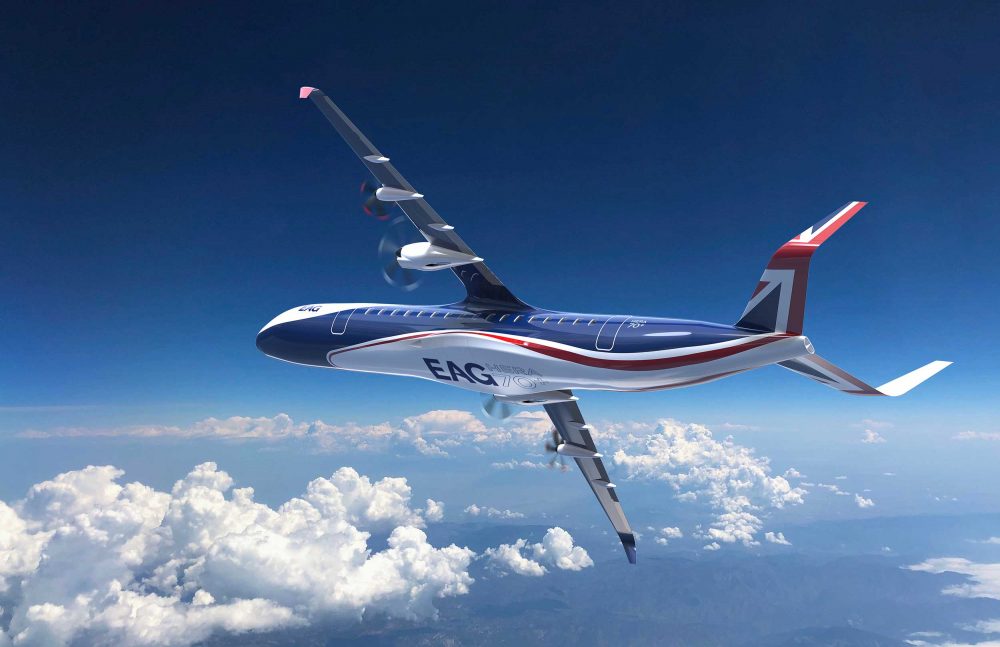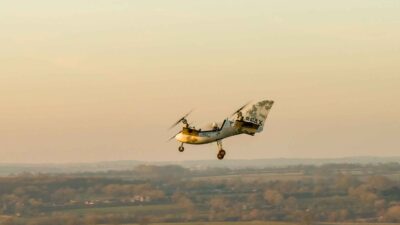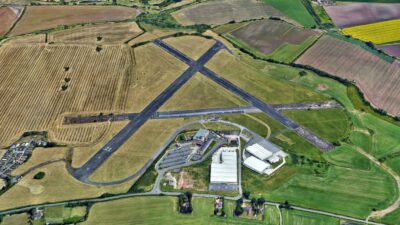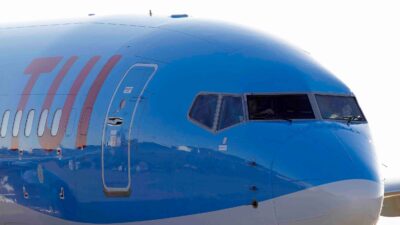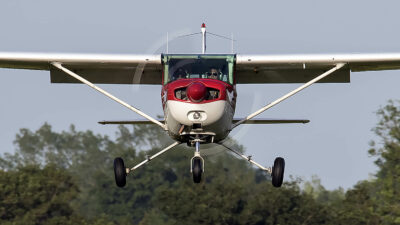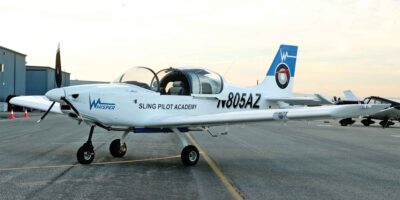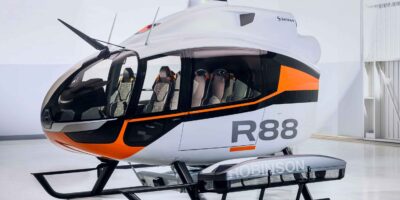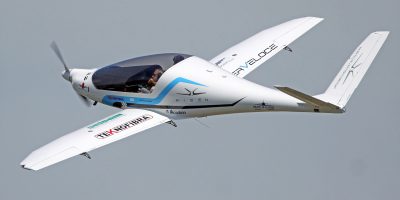A design for a hybrid-electric powered 70+ seat airliner has been unveiled by a British company.
The aircraft is being developed by Electric Aviation Group (EAG), a Bristol-based engineering and development firm. It expects its first aircraft to be in service by 2028.
The design of the Hybrid Electric Regional Aircraft (HERA) was announced today at FIA Connect, the virtual version of the cancelled Farnborough International Airshow.
Kamran Iqbal, founder and CEO at the company says attempts to create a smaller, sub-19 seat hybrid and all-electric aircraft are taking the wrong track.
“Significant investments have been raised to develop sub-19 seat hybrid and all-electric aircraft which we believe is the wrong strategy,” said Iqbal.
“These small planes cannot meet the demands of mass air transportation or the requirements of decarbonisation.
“Our design is for an aircraft that will initially offer 800 nautical miles range at launch in 2028, and which will be able to carry over 70 people. We will be a first mover in what is a $4.4 trillion market.
“We expect this to be a great example of British design, engineering and build. Not only will the development of the HERA help the Department of Transport accelerate its ‘Jet Zero’ carbon reduction goals, it will also help to create much needed job opportunities in the aerospace, manufacturing, engineering and services industries post-Brexit.”
Key features claimed for EAG’s HERA:
- Whisper-quiet operation reduces noise pollution
- Innovative airborne battery regeneration to minimise turn-around time
- Efficient battery integration
- Thermal management of motors and power electronics
- Gear Assisted Take-Off Run (GATOR) gives rapid acceleration for a quick lift-off reducing energy requirements
- Short take-off-and-landing (STOL) performance enables new route opportunities affording greater profitability to operators
- Cabin-flex design enables passenger operation during the day and cargo operation at night
- Suitability for operating from regional airports brings convenience to travellers and gives increased proximity to warehouses, enabling private sector cargo to optimise last-mile terrestrial logistics and delivery systems and reduce carbon emissions
- Future-proof design to accommodate alternative energy sources if available before 2030
- Flexibility to transform into an all-electric or carbon-neutral as the battery density improves or alternative fuels and associated powertrain technologies mature and become affordable.
Electric Aviation Group


